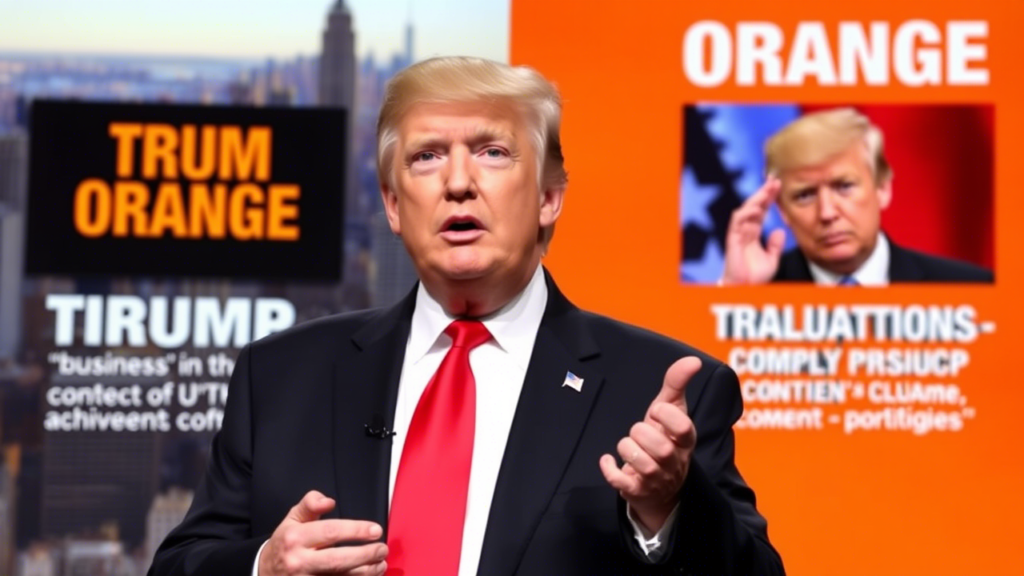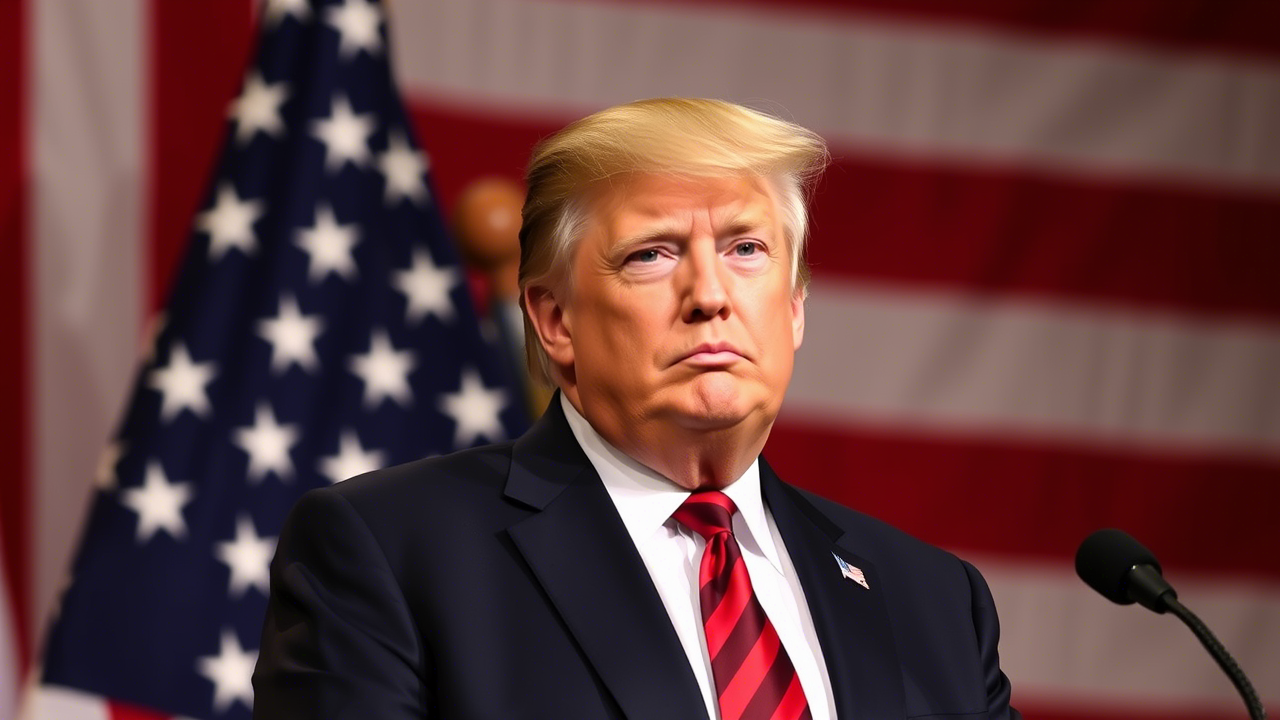Introduction
Donald J. Trump is one of the most polarizing and influential figures in modern American history. From his rise as a real estate mogul to becoming the 45th President of the United States, his journey has been marked by controversy, success, and relentless media attention. This article delves into his life, business empire, political career, policies, and lasting impact on American society and global affairs.

Early Life and Business Career
Donald John Trump was born on June 14, 1946, in Queens, New York City, to Fred and Mary Trump. His father, a successful real estate developer, was instrumental in shaping Trump’s interest in business. Trump attended the New York Military Academy before earning a degree in economics from the Wharton School at the University of Pennsylvania in 1968.
Trump joined his father’s business, the Trump Organization, and played a crucial role in expanding its real estate portfolio. Through aggressive marketing, high-profile projects, and strategic branding, he became a well-known business figure. His ventures included the development of Trump Tower in Manhattan, luxury hotels, casinos in Atlantic City, and golf courses worldwide.
Despite his successes, Trump faced several financial setbacks, including multiple bankruptcies of his Atlantic City casinos in the 1990s. However, he successfully rebranded himself through his television show The Apprentice, where his catchphrase “You’re fired!” became iconic. This exposure helped solidify his image as a shrewd businessman and celebrity.
Entry into Politics and Presidential Campaign
Trump had flirted with politics for decades, considering presidential runs in 2000 and 2012. However, he officially launched his campaign for the 2016 presidential election as a Republican candidate in June 2015. His campaign was built on nationalist and populist rhetoric, emphasizing “America First” policies, economic protectionism, border security, and skepticism of globalization.
Trump’s unfiltered communication style, particularly on social media, set him apart from traditional politicians. Despite facing criticism for controversial statements on immigration, race, and international relations, he gained a strong following among working-class voters who felt left behind by the political establishment.
In a stunning political upset, Trump defeated Democratic nominee Hillary Clinton in the 2016 election, securing victory through the Electoral College despite losing the popular vote by nearly 3 million votes. His victory marked a shift in American politics, emphasizing outsider status and direct engagement with voters through digital media.
Presidency (2017–2021)
Domestic Policies
Trump’s presidency was characterized by a mix of conservative economic policies and nationalist rhetoric. His administration enacted significant tax cuts in 2017, reducing corporate tax rates to boost business investment. He also pursued deregulation policies, arguing they would promote economic growth.
His stance on immigration was one of the most contentious aspects of his presidency. Trump attempted to implement a travel ban on several predominantly Muslim countries, faced legal challenges over family separations at the U.S.-Mexico border, and pushed for the construction of a border wall.
His handling of the COVID-19 pandemic was widely debated. Critics argued that his administration downplayed the severity of the virus and failed to implement a coordinated response. Supporters, however, credit him with the rapid development of vaccines under Operation Warp Speed.
Foreign Policy
Trump’s foreign policy was defined by his “America First” approach. He withdrew the U.S. from several international agreements, including the Paris Climate Accord and the Iran nuclear deal. He also engaged in direct diplomacy with North Korea’s leader Kim Jong-un and pressured NATO allies to increase their defense spending.
One of his most significant foreign policy achievements was brokering the Abraham Accords, which normalized relations between Israel and several Arab nations. However, his administration’s handling of relations with China, particularly regarding trade wars and the COVID-19 pandemic, heightened tensions between the two global powers.
Impeachment and 2020 Election Defeat
Trump was impeached twice by the House of Representatives—the first time in 2019 for alleged abuse of power related to Ukraine, and the second in 2021 for incitement of insurrection following the January 6 Capitol riot. Though he was acquitted by the Senate both times, the impeachments highlighted deep political divisions in the country.
In the 2020 presidential election, Trump ran against Democratic candidate Joe Biden. Amid the COVID-19 pandemic, the election saw record-breaking voter turnout, with Biden winning both the popular vote and the Electoral College. Trump’s refusal to concede, coupled with baseless claims of election fraud, culminated in the Capitol riot, leading to widespread condemnation and his subsequent social media bans.
Post-Presidency and Political Influence
Since leaving office, Trump has remained a dominant figure in Republican politics. He launched the social media platform Truth Social and continues to hold rallies, endorsing candidates aligned with his political vision. He announced his candidacy for the 2024 presidential election, seeking a return to the White House.
Despite legal battles, including investigations into his business dealings and handling of classified documents, Trump maintains strong support among his base. His influence has shifted the Republican Party towards a more nationalist and populist agenda, challenging traditional conservative values.
Legacy and Impact
Trump’s legacy is one of disruption. His presidency redefined American politics, breaking norms and challenging institutional structures. Supporters view him as a champion of the working class who prioritized national interests, while critics see him as a divisive figure who undermined democratic institutions.
His impact on media and political communication is undeniable, as he leveraged social media to directly engage with the public, bypassing traditional news outlets. His brand of politics has inspired similar movements worldwide, reflecting a broader global trend toward populism and nationalism.
Conclusion
Donald Trump remains one of the most significant figures in modern history, shaping both the political landscape and public discourse. Whether viewed as a visionary leader or a polarizing disruptor, his influence will be studied for generations to come. His continued presence in American politics suggests that the Trump era is far from over, ensuring his role in shaping future political debates and policies.




Leave a Reply